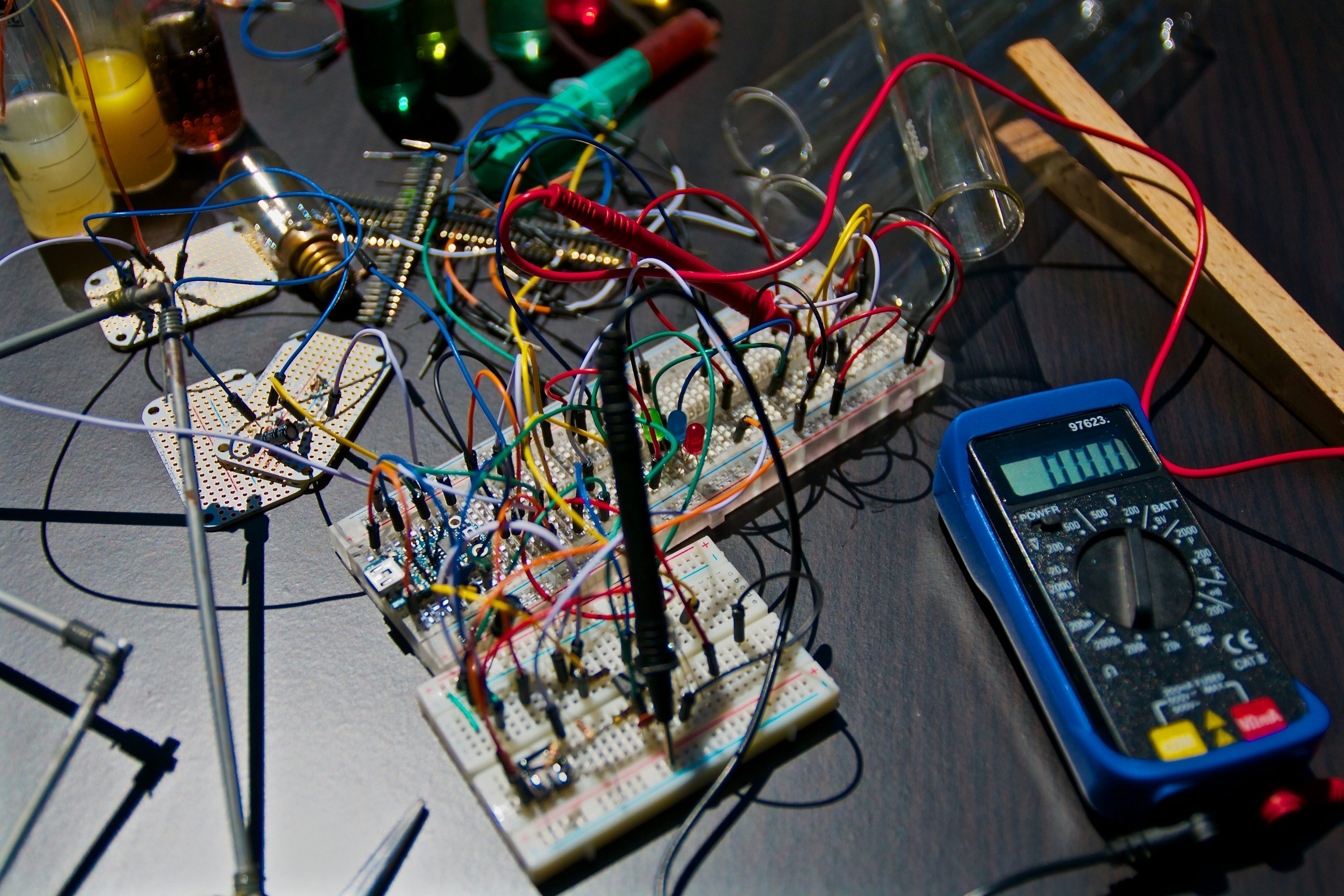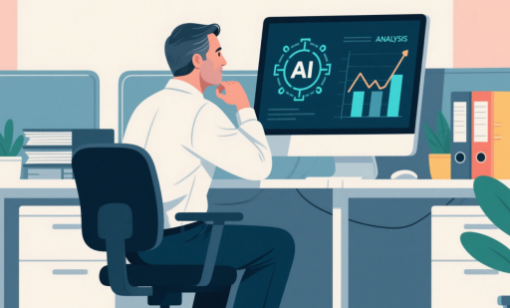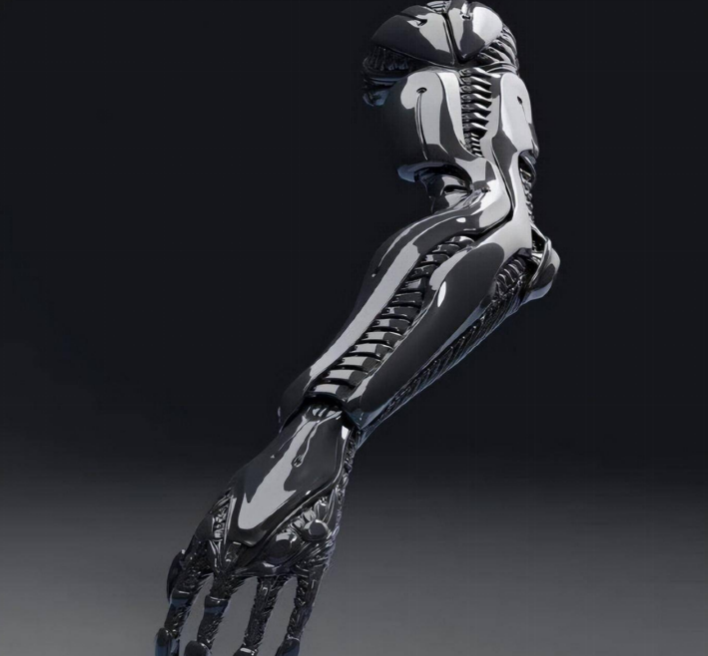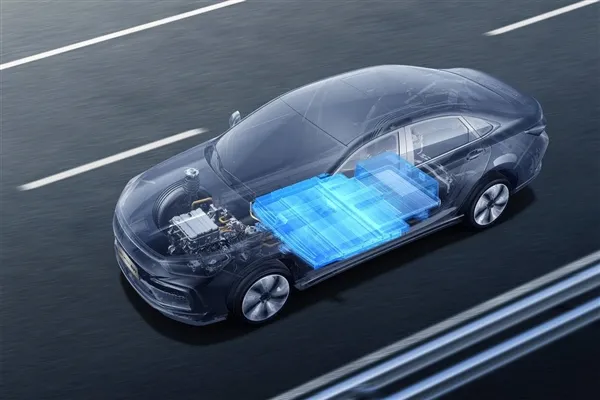Havana's High-Tech Haven: Where Robots Serve Resilience
Step into Havana's Doña Alicia restaurant, and you might, like 64-year-old Sonia Pérez, feel as though you've entered a movie. In a Cuba often grappling with technological scarcity and frequent power outages, this eatery presents a striking contrast, offering patrons a glimpse into the 21st century with digital menus, Alexa-enabled assistance, touchless bathrooms, and perhaps most notably, a food-delivering robot. This level of automation, while common globally, stands as a significant achievement on the island, precisely because of the technological and infrastructural challenges it faces.
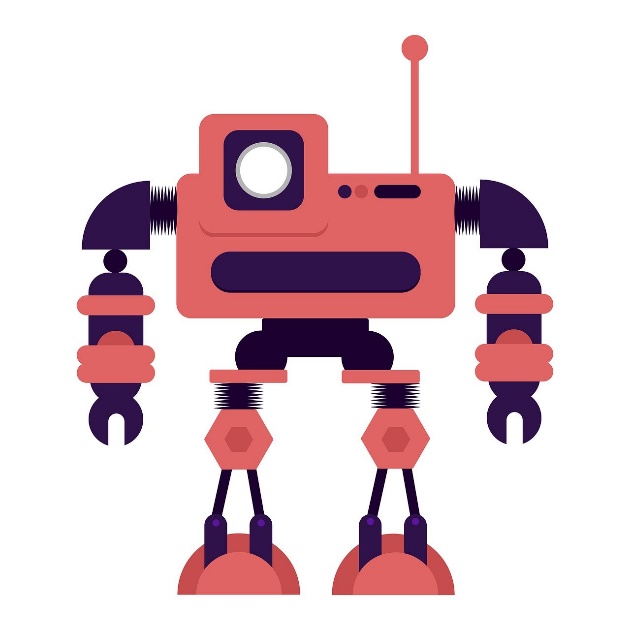
Doña Alicia didn't transform overnight. Opened seven years ago, the restaurant gradually embraced technological advancements, beginning with tablets at tables, integrating Alexa services, and finally welcoming its robotic server, also named Doña Alicia, to assist human staff. Guests navigate digital menus on screens built into their tables, ordering traditional Cuban fare alongside classic drinks like mojitos and daiquiris. For those less comfortable with this futuristic setup, human waiters remain readily available. The blend of classic Cuban hospitality with cutting-edge (for the local context) technology creates a unique atmosphere.
However, this technological leap forward exists within Cuba's complex economic reality. The restaurant's prices, similar to other private establishments, are often unaffordable for the average Cuban, reflecting the island's inflationary pressures. Furthermore, Cuba's internet access can be limited and unreliable; mobile internet only became widespread relatively recently in 2018, and outages are frequent, exacerbated by the energy crisis. Yet, despite these significant hurdles, the restaurant appears to be successfully navigating these obstacles.
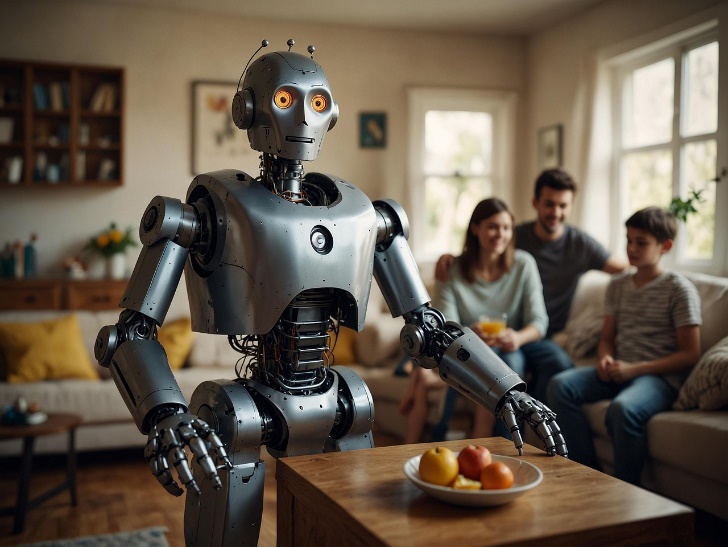
So, why invest in a robot waitress and other high-tech features in such an environment? Manager Yadiel Hernández offers a clear perspective: these technological advancements are a magnet for customers, crafting a dining experience that is both unique and appealing in Havana. "We've noticed a change," Hernández observes. Both children and adults are captivated by the novelty of a robotic assistant bringing food to their table; it's an experience that breaks from the norm. This highlights a universal truth in marketing and human psychology: novelty and unique experiences are powerful attractants, capable of drawing interest and creating buzz even in challenging markets. Like a rare, unexpected blossom in an arid landscape, Doña Alicia thrives by offering something distinctly different.
Beyond the immediate novelty, the story of Doña Alicia offers insights applicable to our own endeavors. The restaurant's journey from traditional setup to gradual tech integration against a backdrop of significant limitations demonstrates resilience and strategic adaptation. It suggests that progress isn't always about having the most advanced infrastructure, but about leveraging available resources creatively to enhance experience and differentiate oneself. For individuals and businesses alike, Doña Alicia serves as a reminder that innovation can bloom even in unexpected places, provided there is a vision and a willingness to navigate challenges. The fascination it ignites in patrons, young and old, speaks to a deep human curiosity and excitement for the future, a spark that innovation, no matter how localized, can ignite.
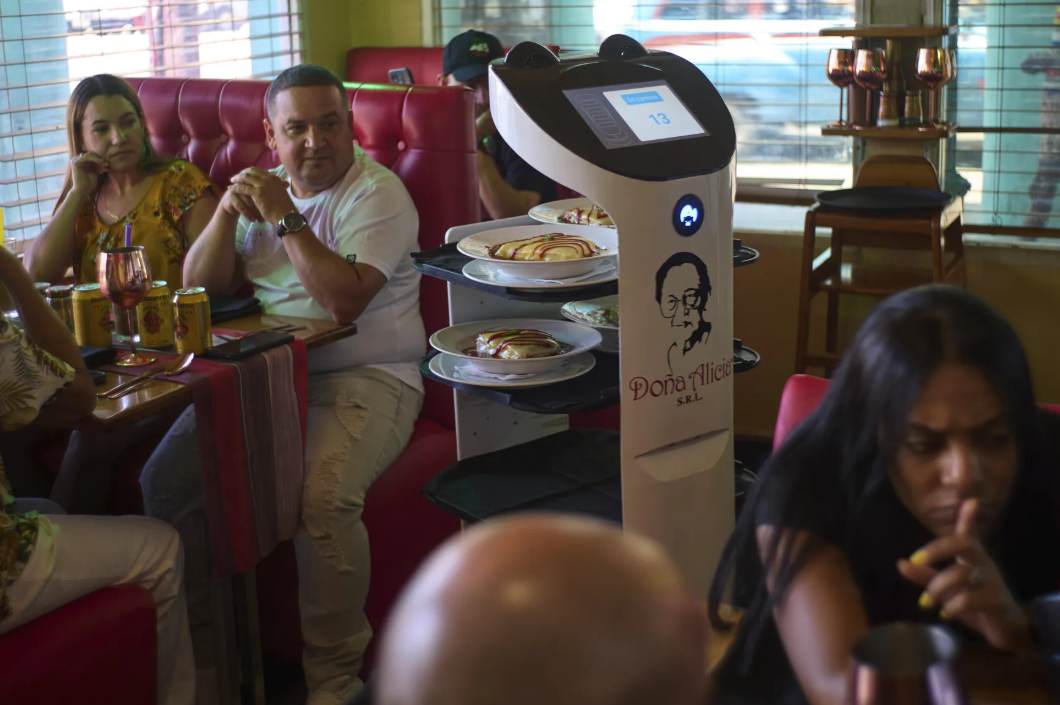
In essence, Doña Alicia is more than just a restaurant with a robot; it's a symbol of entrepreneurial spirit navigating complexity, a place where tradition meets a determined push towards tomorrow, offering a unique, albeit perhaps costly, taste of Cuba's potential future.
(Writer:Frid)
